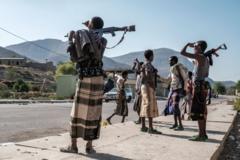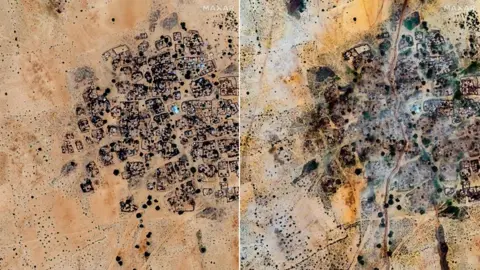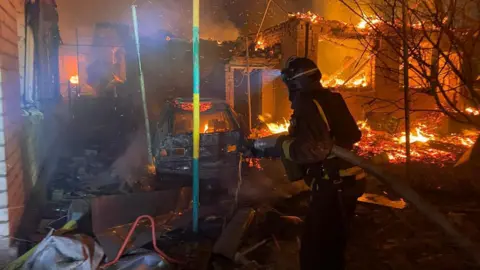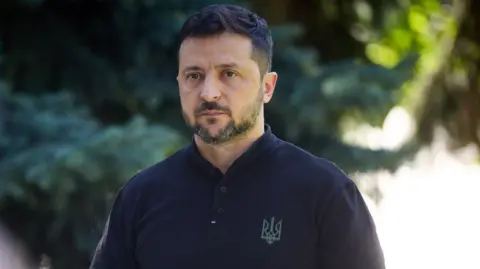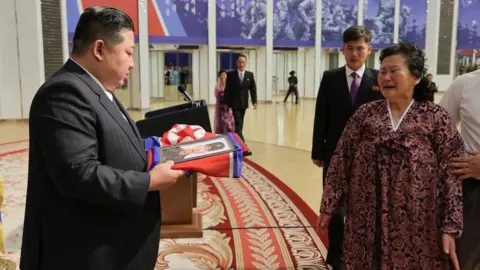In a concerning development for Ethiopia's delicate peace, the Tigray People's Liberation Front (TPLF) has voiced alarm over the recent revocation of its legal status by the National Election Board of Ethiopia. The decision follows the party's failure to conduct a critical general assembly, a move the TPLF deems as dangerous and detrimental to the 2022 peace agreement that brought a halt to a two-year civil war in the northern region of Tigray.
The TPLF has formally requested assistance from the African Union to intervene in the situation, insisting that the ban represents a significant threat to the progress made in restoring stability post-conflict. Throughout the Ethiopian civil war, which concluded with a fragile truce in November 2022, tensions within Tigray have persisted, now amplified as the nation approaches potential nationwide elections in mid-2024.
This political turmoil comes as the TPLF administrates Tigray’s interim government—a structure established under the Pretoria Agreement. However, internal divisions within the party—marked by competing factions vying for control—have hindered necessary electoral processes.
Recent commentary from TPLF deputy chairman Ammanual Assefa emphasized that the electoral board's actions could jeopardize the fragile peace, noting, "This isn't just about TPLF, but also about undermining what people have sacrificed." With challenges in fulfilling crucial aspects of the peace agreement, including the resettlement of roughly one million displaced people, international observers, including the US, UK, and EU, have echoed concerns about a potential resurgence of violence.
The TPLF's appeal to the African Union underscores an urgent desire for dialogue and de-escalation as fears rise of a repeat of Ethiopia's violent history.
The TPLF has formally requested assistance from the African Union to intervene in the situation, insisting that the ban represents a significant threat to the progress made in restoring stability post-conflict. Throughout the Ethiopian civil war, which concluded with a fragile truce in November 2022, tensions within Tigray have persisted, now amplified as the nation approaches potential nationwide elections in mid-2024.
This political turmoil comes as the TPLF administrates Tigray’s interim government—a structure established under the Pretoria Agreement. However, internal divisions within the party—marked by competing factions vying for control—have hindered necessary electoral processes.
Recent commentary from TPLF deputy chairman Ammanual Assefa emphasized that the electoral board's actions could jeopardize the fragile peace, noting, "This isn't just about TPLF, but also about undermining what people have sacrificed." With challenges in fulfilling crucial aspects of the peace agreement, including the resettlement of roughly one million displaced people, international observers, including the US, UK, and EU, have echoed concerns about a potential resurgence of violence.
The TPLF's appeal to the African Union underscores an urgent desire for dialogue and de-escalation as fears rise of a repeat of Ethiopia's violent history.

